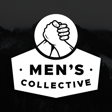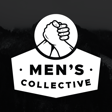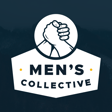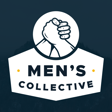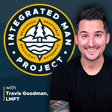
Redefining Success: Overcoming Anxiety and Embracing Well-being
Hey everyone - Travis here - and today, I'm thrilled to welcome Marcus FIlly to The Integrated Man Project! Marcus is an accomplished health and fitness coach with a rich background in coaching and formal education. After moving away from traditional medical school, Marcus has carved a niche for himself in the health and fitness world, becoming a widely recognized figure on social media platforms like Instagram.
**Key Points and Highlights from the Episode:**
1. **Transition from Medicine to Coaching:** Marcus shares his enlightening journey from aspiring to integrate holistic practices in medicine to finding his true passion in the fitness industry. It's a deep dive into pursuing what truly fulfills you, even if that means a drastic career change.
2. **Impact of Social Narratives:** We explore how the stories we tell ourselves can shape our motivations and fears. Marcus personal anecdote about shifting from being driven to feeling weighed down by anxiety underscores the power of internal narratives.
3. **Holistic Health and Balance:** A significant part of our discussion focuses on the importance of incorporating mental, physical, spiritual, and social health into our lives. Marcus talks about his own experiences with therapy and self-improvement, and how these have profoundly impacted his relationships and personal growth.
**Challenge Question:**
How can we better recognize when societal pressures and personal narratives are holding us back, and what proactive steps can we take to rewrite those narratives for a healthier mindset?
Stay tuned as we unpack these topics and much more with Marcus Filly on this impactful episode of The Integrated Man Project!
JOIN THE MAILING LIST & GET INVOLVED!
WATCH ON YOUTUBE:
Connect and Support Marcus:
IG: marcusfilly
Web: https://functional-bodybuilding.com/
Connect and Support Travis:
YouTube: Travis Goodman
Instagram: @integratedmanproject
Check out the Website: TBD
